Channels

Rotary

Rotary Conference
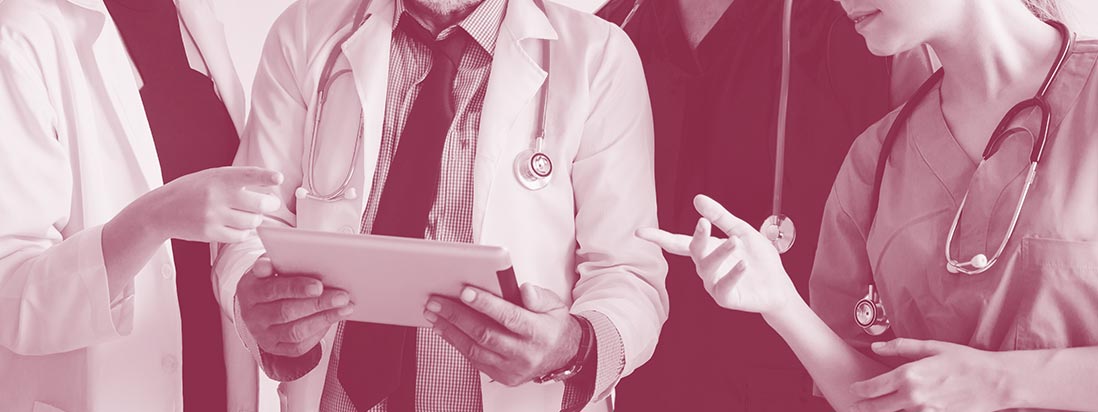
Laurel Health Centers

Penn Oak Realty

Movin Together
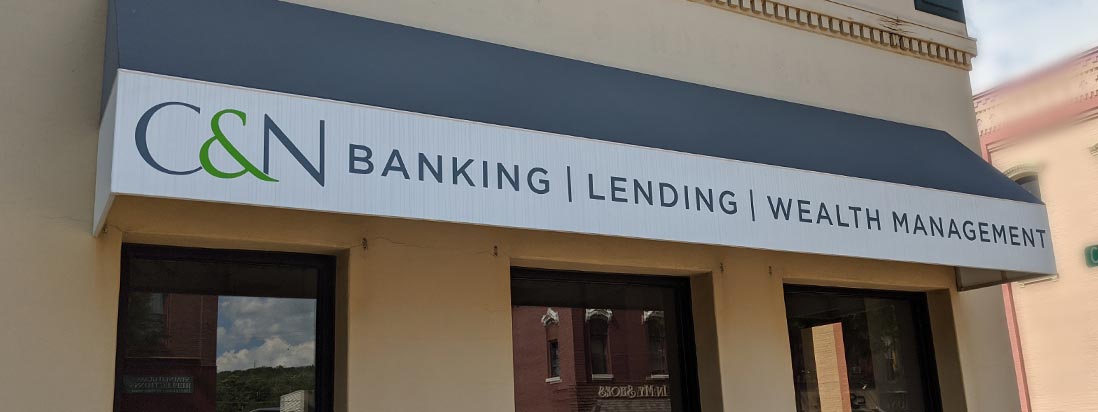
Bank On It

Dunhams Corner
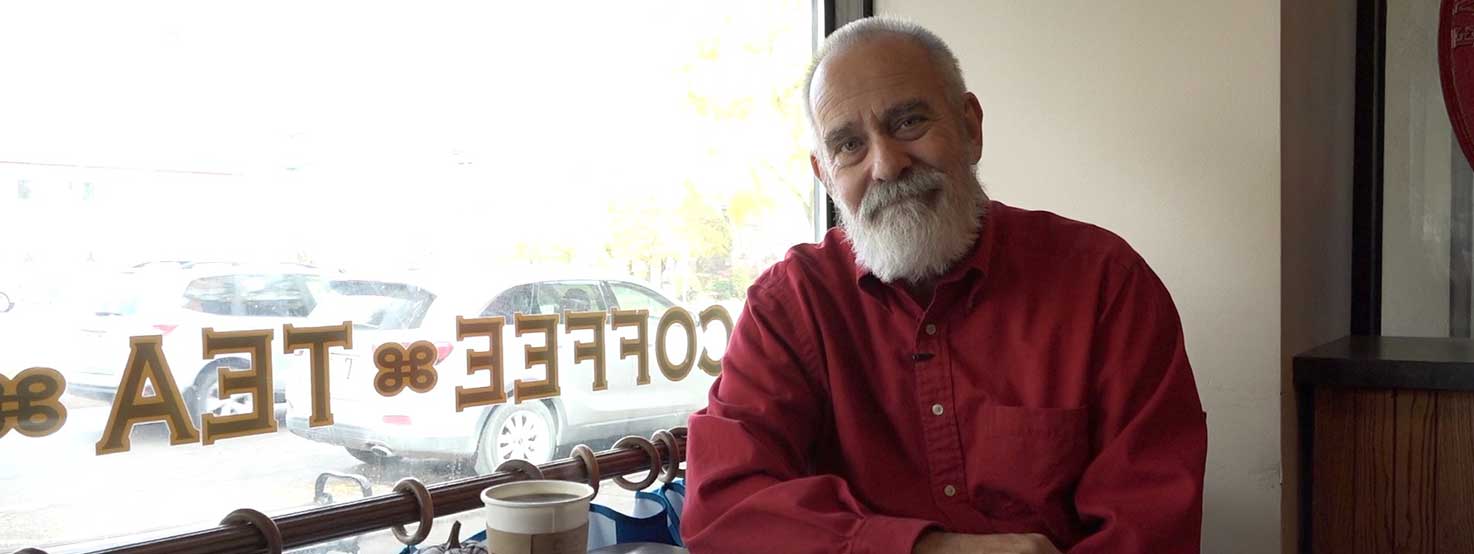
By The Door

Questioning Life

Karschners Insurance

Ag Happenings

Back to Basics

Hornet Happenings

Live From The Hive
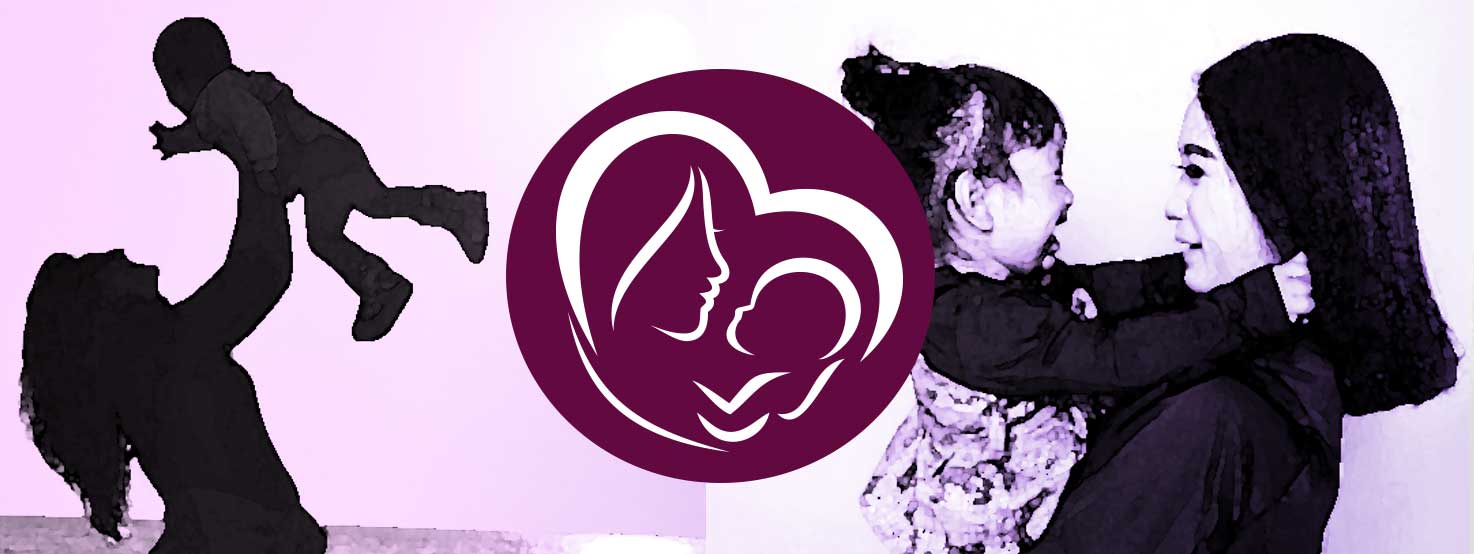
Momday Monday

Pennsylvania Politics

The Briefing

Weekly Highlights
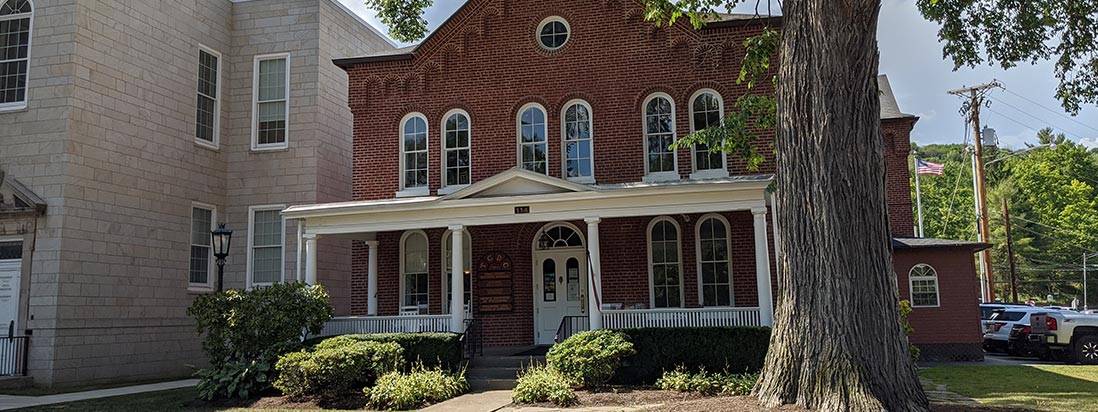
Wellsboro Chamber
Stomach Pain? Could Be Your Gallbladder
There’s a lot going on in your body between your chest and your pelvis. So, when abdominal pain strikes, it can be nearly impossible to tell where it’s coming from. If the pain is in the upper part of the abdomen, some people wonder if they should blame their gallbladder – the tiny, pear-shaped organ that sits under the liver on the right side of your abdomen. It’s a fairly common cause of upper abdominal pain, but it’s not the only potential cause. Today, Dr. Emily Solow, general surgeon with UPMC Susquehanna in Wellsboro, shares her knowledge.
Just like our appendix, the gallbladder is an organ that many people may not even realize exists until there’s a problem. Most of the time, the gallbladder just stores bile produced by the liver. Bile helps to break down fats, so when you eat a meal, the gallbladder gets to work squeezing some of that bile into the intestine to help with digestion. Therefore, sometimes when you see a doctor because of problems with stomach pain or indigestion a doctor may want to run screenings or test your gallbladder. If bile that produced contains too much of one or more of its components, it can harden into pebble-like gallstones.
In most people, stones never cause any symptoms. You could have one right now and not even realize it. If these “silent” stones are discovered accidentally during other medical tests or procedures, there’s no need to do anything about them. Sometimes however the gallstones can create a blockage which causes a buildup of pressure in the gallbladder and causes pain. That’s a gallbladder attack which may be something you’d want to see a doctor about.
In typical cases, gallbladder pain:
– Is felt in the mid-upper abdomen and can radiate to the right shoulder or back.
– Typically lasts for 20 minutes to an hour.
– Recurs in an identical fashion during every attack.
– May be accompanied by other digestive symptoms, such as nausea or vomiting.
– Additionally, the pain can be spontaneous and not necessarily restricted to meal time and it can awaken someone at night.
Some factors that increase your chances of having problems are:
– Female
– Pregnant
– Diabetic
– Obese
– Over the age of 40
– Losing weight quickly
– Taking birth control pills or hormone replacement therapy
Additionally, a high-fat diet can have an affect on our gallbladder which is why we sometimes see an increase of gallbladder issues and general stomach pain this time of year.
Mild, short lasting stomach pain may just be indigestion or another relatively benign digestive discomfort. Mild, intermittent pain that goes away on its own does not need immediate attention. However, patients with this type of pain should make an appointment with their doctor to be examined further.
If the symptoms are more severe and include the following, a patient should be seen immediately:
– upper-right quadrant pain that does not go away within 5 hours
– fever, nausea, or vomiting
– changes in bowel movement and urination
This combination of symptoms can indicate a serious infection or inflammation that needs immediate treatment or could be related to another condition in your abdomen such as appendicitis, kidney stones, or stomach ulcer.
Looking for more information on how to have a happy and healthy holiday season this year? Mark your calendar for Wednesday, Nov. 13 and plan to join Dr. Emily Solow, Dr. Jeffery Ranta, urologist, and other representatives from UPMC Susquehanna for Healthy for the Holidays, a free educational event from 5:30 to 7 p.m. at the Penn Wells in Wellsboro. Check out UPMCSusquehanna.org for more information.
Credits:
Videography: Andrew Moore
Video Editing: Andrew Moore, Sara Vogt
Writing: UPMC Susquehanna
Anchor: Rhonda Pearson
Correspondent: Sara Vogt
Produced by Vogt Media
Home Page Sponsors: UPMC Susquehanna






































